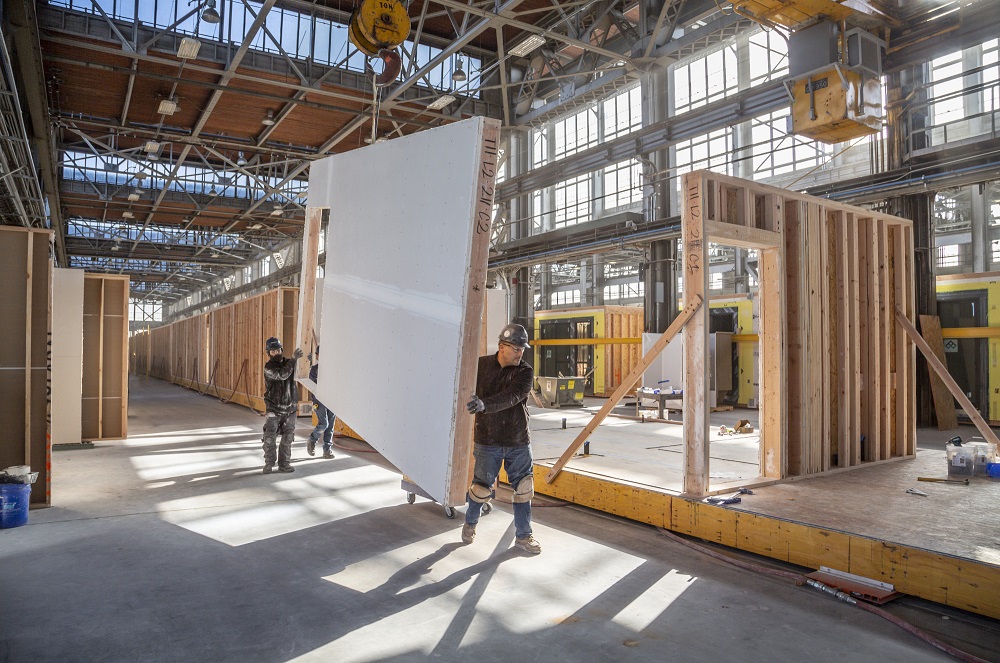
Introduction:
Modular construction, an innovative approach to building that involves constructing individual components or modules off-site in controlled factory settings, has gained substantial popularity in recent years. This report explores the key factors contributing to the growing popularity of the modular construction market, including its advantages in terms of cost-effectiveness, efficiency, sustainability, and design flexibility.
1. Cost-effectiveness:
Modular construction offers significant cost savings compared to traditional on-site construction methods. The controlled factory environment reduces material wastage, and the assembly-line production streamlines processes, leading to lower labor costs and faster construction timelines. Additionally, reduced on-site labor requirements and minimized weather-related delays further contribute to cost-effectiveness.
2. Efficiency and Speed:
Modular construction enables simultaneous activities, with modules being fabricated off-site while site preparation and foundation work take place simultaneously. This parallel process significantly reduces construction time, allowing projects to be completed up to 50% faster than traditional construction methods. The shorter construction period is particularly advantageous for projects in high-demand areas or fast-track construction requirements.
3. Sustainability:
Modular construction aligns with sustainable building practices, as it promotes resource efficiency and minimizes construction waste. The controlled factory environment allows for better management of materials, recycling, and reusing resources. Moreover, modular buildings can be designed to incorporate energy-efficient features, further reducing environmental impact and operational costs.
4. Design Flexibility:
Contrary to the misconception that modular construction limits design options, the modular approach offers significant design flexibility. Modular buildings can be tailored to meet various architectural styles and design requirements. Additionally, they can be expanded, reconfigured, or relocated with relative ease, making them adaptable to changing needs over time.
5. Quality Control:
Modular construction benefits from stringent quality control measures in the factory setting. Standardized processes, skilled labor, and consistent inspections ensure that each module meets high-quality standards. The controlled environment also reduces the risk of issues related to weather damage, which can be a concern in traditional on-site construction.
Conclusion:
The growing popularity of the modular construction market can be attributed to its numerous advantages, including cost-effectiveness, efficiency, sustainability, design flexibility, quality control, and enhanced safety. As the demand for faster, more sustainable, and cost-efficient construction solutions increases, modular construction is becoming the go-to choice for a wide range of projects, from residential and commercial buildings to healthcare facilities and educational institutions. The continued adoption of modular construction methods is likely to shape the future of the construction industry, driving further innovations and advancements in building practices.




























